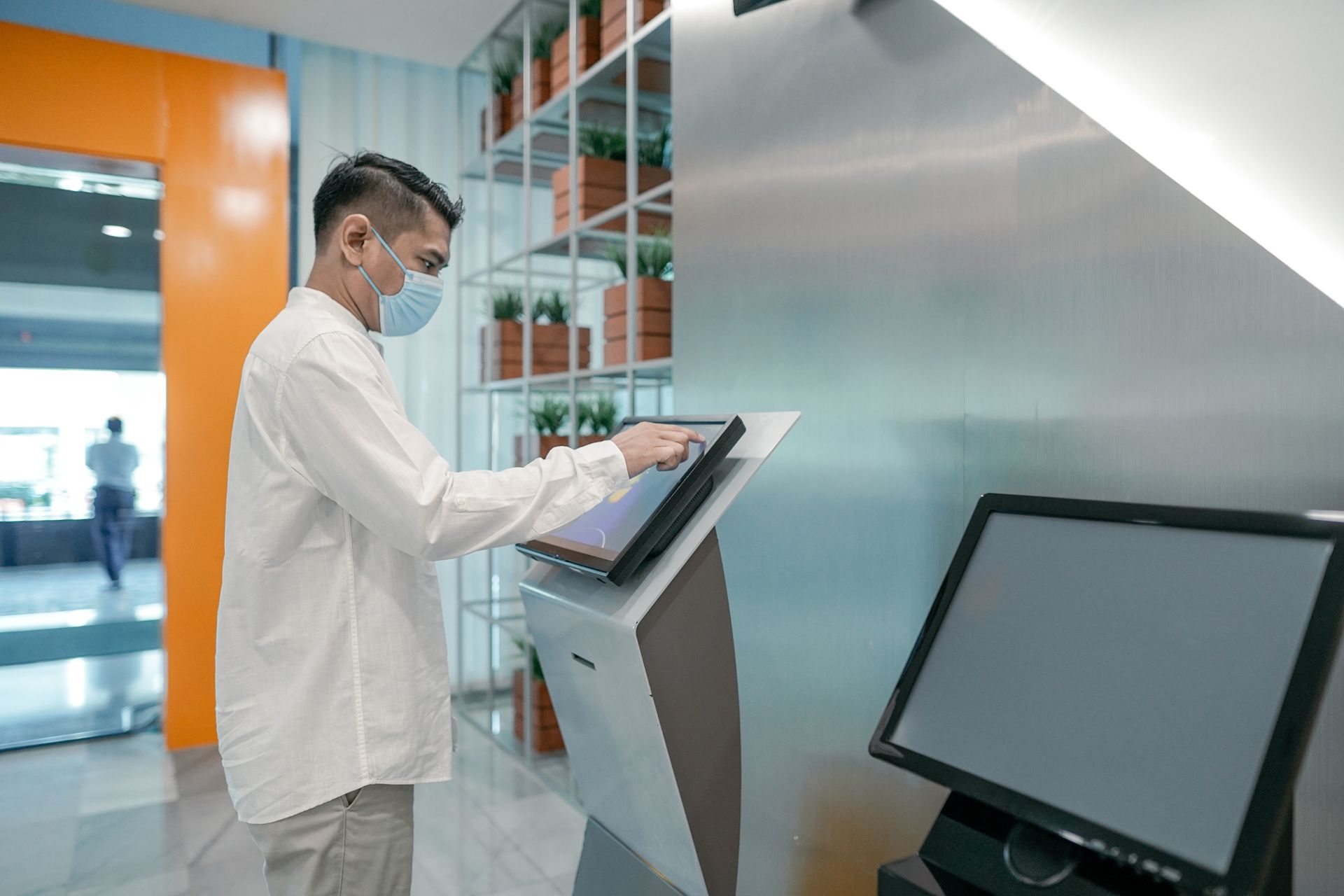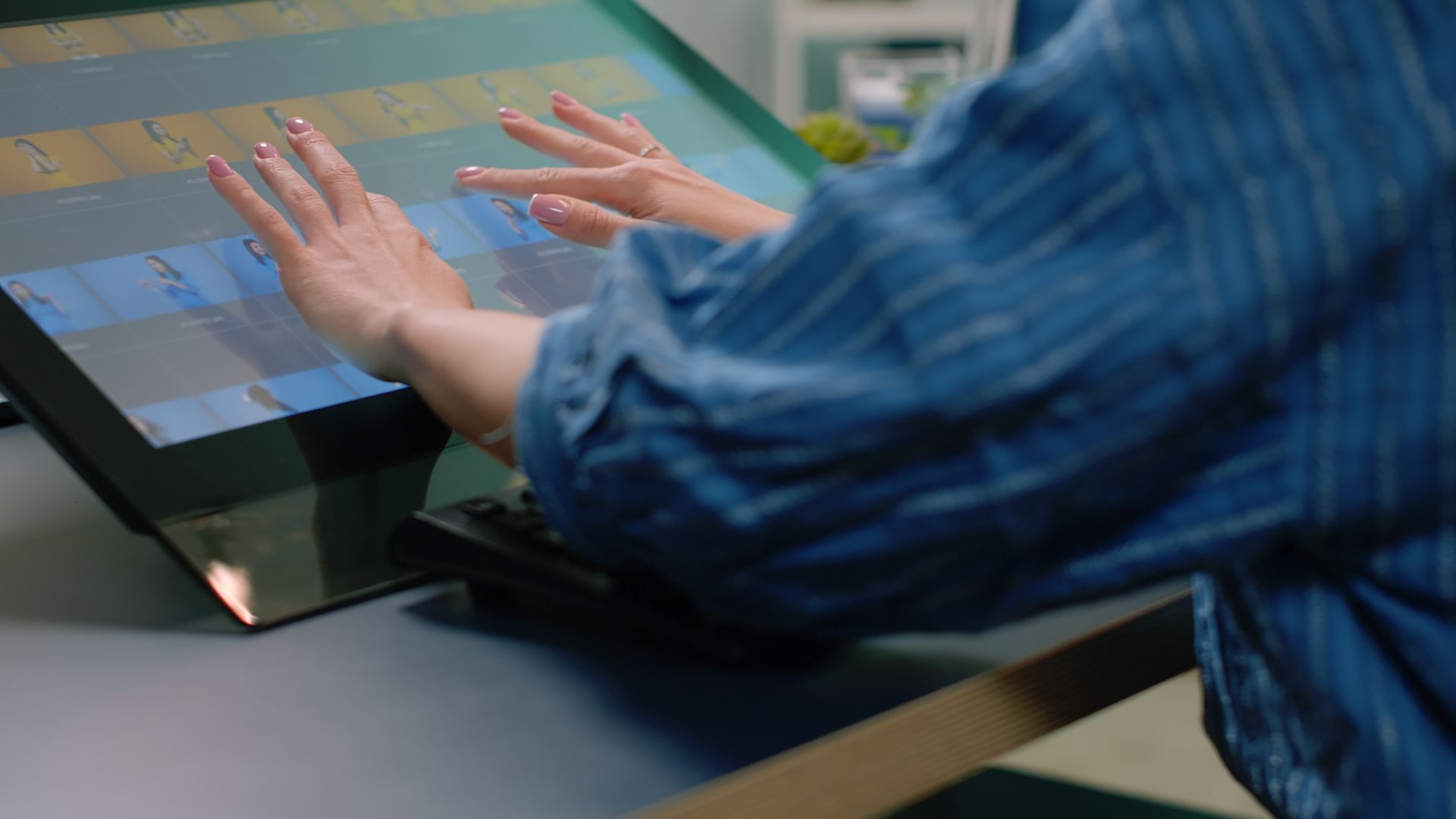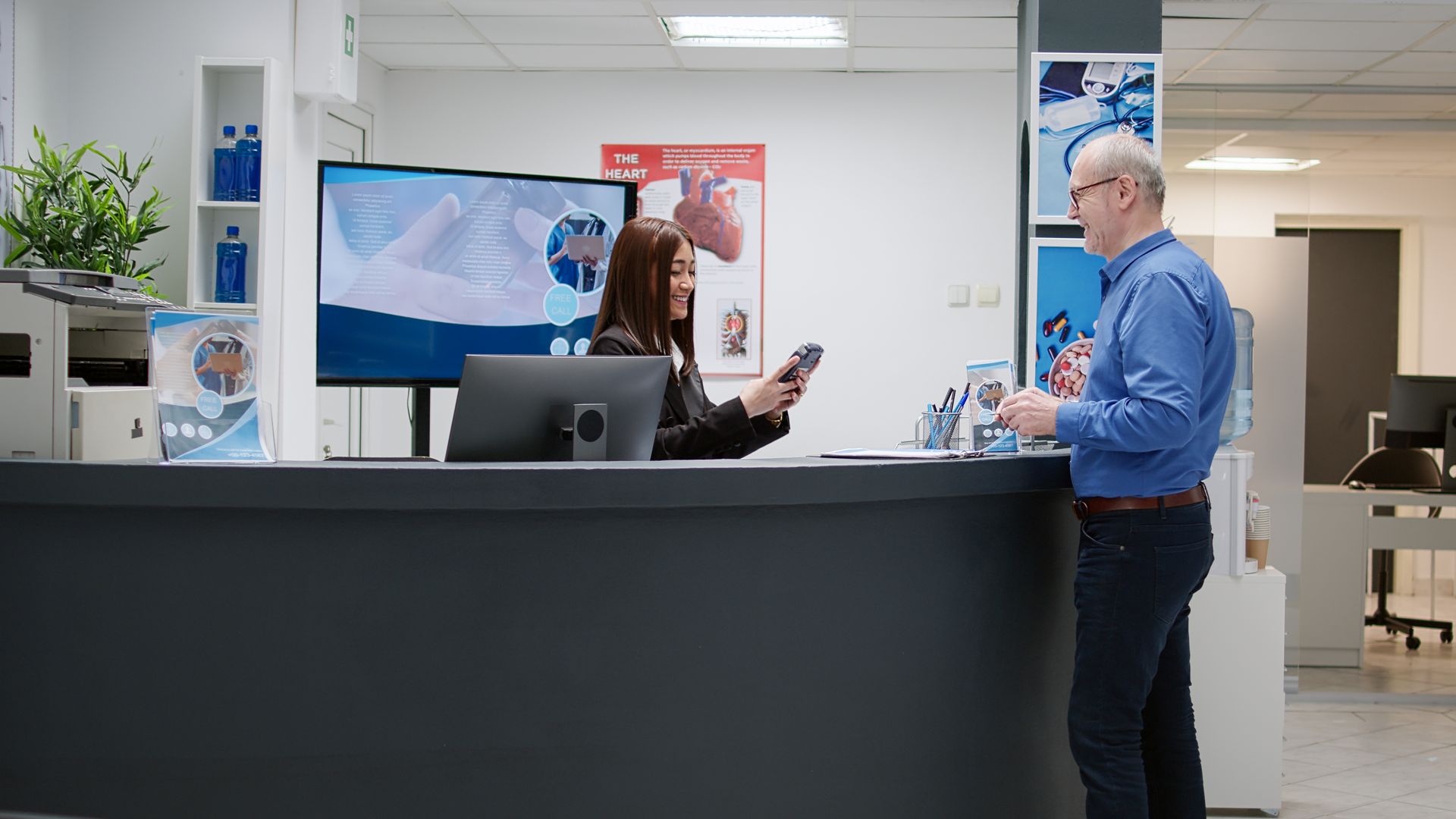Top 10 Must-Have Features for a Modern Visitor Management System in Saudi Arabia for 2024
Top 10 Must-Have Features for a Modern Visitor Management System in Saudi Arabia for 2024

As Saudi Arabia advances its digital transformation initiatives, the demand for effective, secure, and customer focused visitor management systems (VMS) continues to grow. A well-designed VMS not only enhances office security but also optimizes the visitor experience, making it crucial for organizations looking to meet the evolving needs of the Saudi market. Below are the top 10 essential features for a modern visitor management system in 2024, tailored for businesses in Saudi Arabia aiming for efficiency, compliance, and exceptional service.
1. Touchless Check-In and Checkout
To prioritize health and convenience, touchless check-ins are now a must-have for any VMS. Using QR codes, mobile apps, or facial recognition technology, visitors can quickly and safely check in without physical contact. This feature is particularly relevant for Saudi Arabia, where businesses strive to provide seamless, health-conscious solutions in a post-pandemic world.
2. Arabic Language Support
In Saudi Arabia, local language support is essential. A VMS that offers an Arabic interface enhances accessibility for both visitors and employees, creating a more inclusive environment. Arabic language support aligns with Saudi business needs and helps companies engage with a broader audience, improving usability and satisfaction.
3. Advanced Security Integrations
Security is a top priority for many sectors in Saudi Arabia, including government, healthcare, and finance. A VMS with robust security integrations—such as surveillance syncing, automated alerts, and biometric verification—strengthens a company's ability to monitor, track, and protect visitors and staff. These features add an extra layer of security, particularly valuable for high-security facilities.
4. Real-Time Visitor Tracking and Analytics
Real-time tracking and analytics provide valuable insights into visitor flow and trends. In Saudi Arabia, where many businesses handle large volumes of visitors, this feature can help manage peak times and adjust staffing needs accordingly. By providing data on visit duration, frequency, and visitor demographics, companies can optimize resources and improve operational efficiency.
5. Health and Safety Screening
Health screening has become essential for visitor management in high-traffic environments. A VMS with built-in health screening tools—such as temperature checks, vaccination status verification, and health questionnaires—allows businesses to maintain a safe environment. This feature supports compliance with Saudi health guidelines and demonstrates a proactive approach to workplace safety.
6. Compliance with Data Privacy Regulations
Saudi Arabia is strengthening its data privacy regulations, making compliance a critical aspect of any visitor management system. A VMS that aligns with these regulations, such as storing visitor data securely and enabling customizable privacy controls, ensures businesses meet legal requirements while safeguarding visitor information. This feature is crucial for maintaining trust and avoiding regulatory penalties.
7. Customizable Visitor Passes and Badges
For organizations looking to enhance security and streamline visitor identification, customizable visitor badges are a practical solution. In 2024, modern VMS solutions offer badges that can be personalized with logos, visitor photos, and access levels. This feature not only strengthens brand presence but also improves internal security by clearly identifying visitor roles and permissions.
8. Seamless Integration with Access Control Systems
To ensure a smooth flow of visitors throughout the premises, integration with access control systems is essential. A VMS that syncs with existing systems, such as card readers or biometric entry points, can control visitor access efficiently. For Saudi organizations that prioritize security, this feature is invaluable, helping manage visitor access to sensitive areas while enhancing overall safety.
9. Cloud-Based Accessibility and Scalability
Cloud-based VMS solutions offer flexibility and scalability, enabling companies to manage visitor data from any location. This is particularly useful for multi-site businesses in Saudi Arabia, as a cloud-based system allows centralized control and easy access to visitor logs across all locations. It also offers scalable storage, making it ideal for businesses anticipating growth.
10. Comprehensive Reporting and Audit Trails
For businesses in Saudi Arabia, comprehensive reporting is crucial for monitoring visitor patterns and ensuring compliance with regulations. A VMS with robust reporting tools and audit trails provides detailed records of visitor activity, from entry times to check-out details. This feature supports both operational insights and regulatory compliance, giving companies a clear view of visitor traffic and helping them make data-driven decisions.
Conclusion
In 2024, a visitor management system in Saudi Arabia must go beyond basic check-in and security to offer a complete, integrated experience that supports efficiency, safety, and compliance. From touchless check-ins and Arabic language support to advanced security features and comprehensive reporting, each of these top 10 VMS features meets the unique needs of Saudi businesses. As the Kingdom continues its journey toward digital transformation, implementing a modern, feature-rich VMS is an effective way to stay ahead in a competitive market and ensure a welcoming, secure environment for all visitors.








